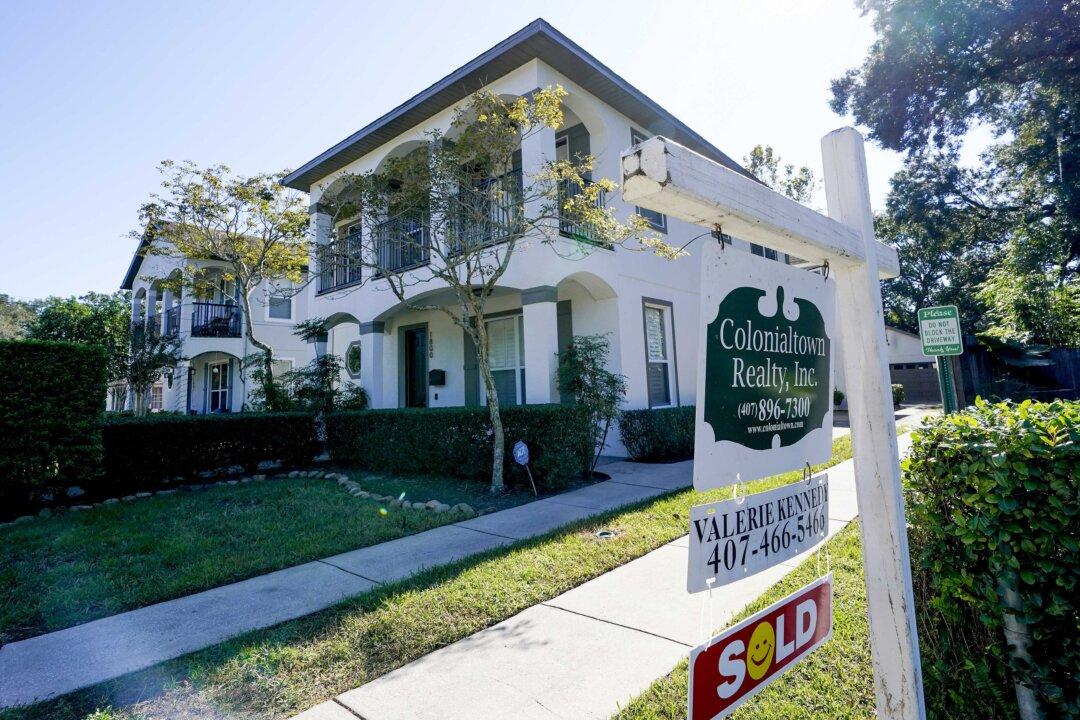After three successful home sales, Daniel Edwin and his wife were getting ready to sell again, but this time, the Atlanta couple knew they didn’t want to go the traditional route.
Worried about the stress of home repairs, an endless stream of showings, and the possibility of buyer financing falling through, the Edwins made the choice to list their home with an “iBuying” or “instant buying” firm. The result was a valid offer within 24 hours and an easy sale.





